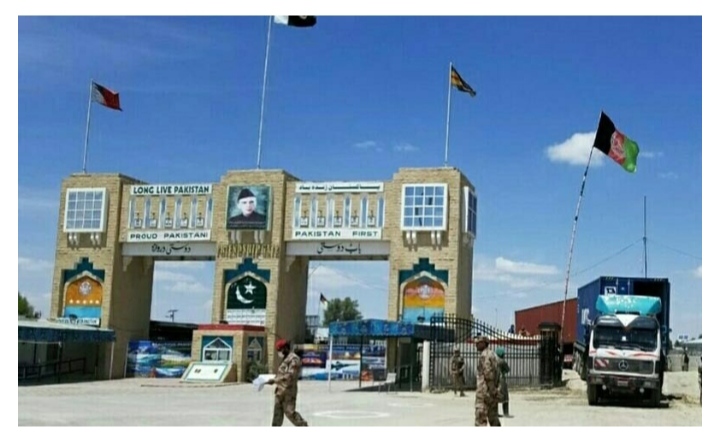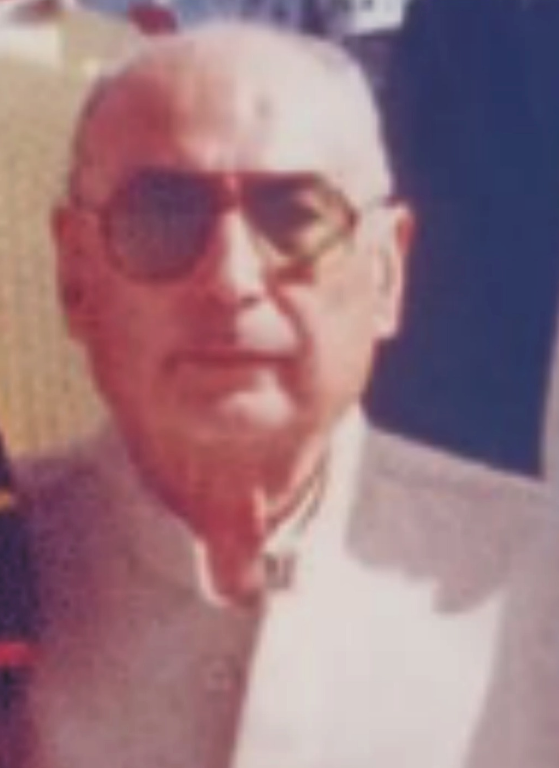Empowering Youth for Social Impact on Sustainable Alternatives to Open Waste Burning
Islamabad (NNP) – The Institute of Urbanism (IoU with the support of Royal Academy of Engineering (RAE), successfully concluded a transformative five-day boot camp titled ‘Social Impact for Sustainable Alternatives to Open Waste Burning (OWB) in Islamabad’. This initiative was designed to engage, educate, and empower young changemakers to address the pressing environmental challenge of open waste burning through innovative and sustainable solutions. Throughout the boot camp, participants were introduced to a holistic approach to tackling OWB, emphasizing the integration of social impact, behavior change, and entrepreneurship. Experts across various sectors shared insights on how community engagement, resource innovation, and strategic communication are crucial for achieving long-term, sustainable outcomes. One key session focused on effective waste management practices, led by representatives from the Rawalpindi Waste Management Company (RWMC). RWMC plays a pivotal role in managing solid waste across Rawalpindi and Murree districts. Engr. Bilal Niazi, Manager Operations, RWMC highlighted that, “Partnership with international companies has enabled us to implement advanced waste management technologies. However, real progress requires ongoing adaptation, and the youth can drive this forward through innovation,”. The discussion highlighted the importance of continued investment in sustainable infrastructure and fostering a culture of accountability within waste management operations. Dr. Ejaz Ahmad, Senior Program Fellow at IoU, underscored the connection between open waste burning (OWB) and public health, noting, “The toxic emissions from OWB not only harm the environment but also pose serious health risks, particularly for vulnerable, low-income communities. Addressing this issue is crucial for safeguarding the health, dignity, and well-being of those most affected.” Speaking on the importance of youth leadership in this endeavor, Dr. Sofia Khalid, Head of Environmental Sciences at AIOU, Islamabad, highlighted that, “Addressing OWB requires more than just awareness. It demands a shift toward a circular economy where resources are recycled and reused. Our youth hold the power to drive this change by integrating environmental responsibility with innovative practices.” Participants were equipped with practical tools for leveraging digital platforms, using the SMART approach (Specific, Measurable, Achievable, Relevant, and Time-bound) to create impactful social media campaigns. Zunaira Ali Fellowship lead at Acumen, a digital media expert, emphasized, “A successful campaign must not only raise awareness but also inspire action. With clear goals and a strategic burst of online activity, young leaders can engage communities and foster a shift in behavior that promotes cleaner, healthier environments.” The boot camp also explored the intersection of environmental sustainability and economic empowerment. Talat Azam Khan, a business and enterprise expert, highlighted how sustainable enterprises can play a pivotal role in addressing environmental issues. “By fostering resourceful entrepreneurship, we can develop low-cost, innovative solutions to reduce carbon footprints. It’s about finding smart ways to solve environmental challenges while creating economic opportunities for communities”. Ali Sheikh, CEO of Griffin Communications, emphasized the critical role of behavior change in solving environmental problems. “OWB is a collective issue, and changing the narrative through targeted behavior change communication is key to creating a sustainable solution. We must engage communities with culturally sensitive messaging that inspires them to take ownership of their environment”. One of the most compelling outcomes of the boot camp was the participants’ enhanced awareness of the environmental and health hazards posed by OWB, and their commitment to advocating for sustainable alternatives. Abdullah Sayyaf, student at NDU stated that, “Prior to this training, I had not fully understood the severe risks associated with open waste burning. Now, I not only grasp the consequences but also recognize the power of social media in driving awareness and mobilizing our communities toward safer practices”. The boot camp has ignited a spark within Islamabad’s youth, empowering them to be advocates for sustainable practices and social impact. By fostering a deeper understanding of the environmental and health hazards posed by open waste burning, and equipping participants with actionable skills, the event has laid the foundation for a movement toward cleaner, greener communities in Islamabad.


